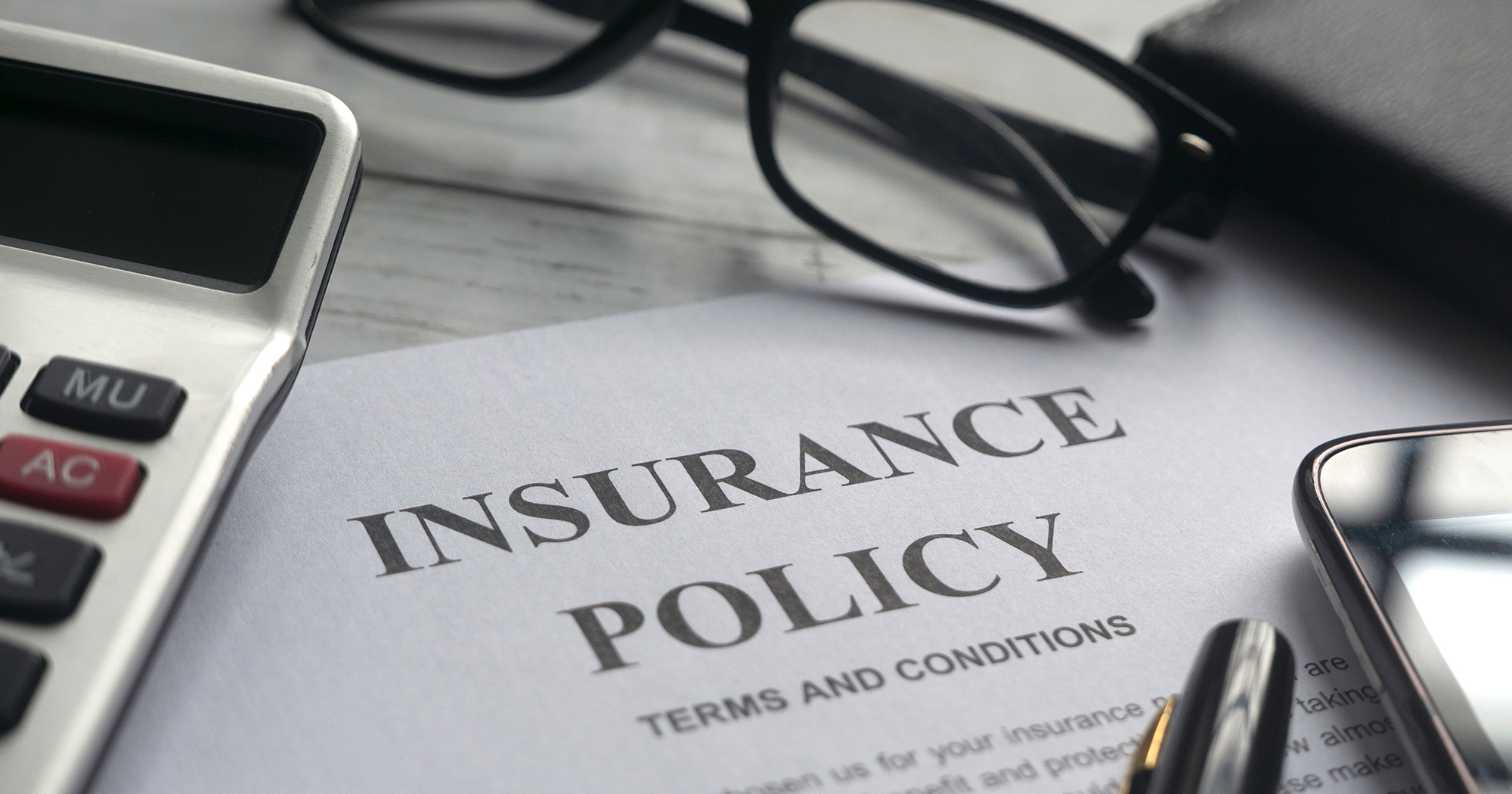Comprehensive Guide on How to Get Business Insurance

Running a business comes with its fair share of risks, which is why obtaining business insurance is essential. Insurance coverage can protect your business from potential financial losses, liability claims, property damage, and other unforeseen events. In this blog post, we will provide a step-by-step guide on how to get business insurance, helping you understand the process and make informed decisions to safeguard your business.
Assess Your Insurance Needs
The first step in obtaining business insurance is to assess your specific needs. Consider the nature of your business, the industry you operate in, and the potential risks associated with your operations. Identify the areas where you need coverage, such as General Liability, Professional Liability, Property, Workers' Compensation, Commercial Auto, Property Insurance, and Business Interruption insurance.
Research Insurance Providers
Next, research reputable insurance providers that offer coverage suitable for your business. Look for insurers with a solid reputation, strong financial stability, and experience in providing insurance for businesses within your industry. Seek recommendations from other business owners, industry associations, or consult with insurance brokers who can help you navigate the market and find the best options.
Understand Policy Types
Insurance policies can be complex, so it's important to understand the different types available. Common policies include General Liability, Commercial Property, Commercial Auto, Professional Liability, and Workers' Compensation. Each policy has its specific coverage and limitations, so carefully review the details and ensure they align with your business's needs.
Obtain Multiple Quotes
To ensure you get the best coverage at a competitive price:
- Obtain quotes from multiple insurance providers.
- Provide them with accurate information about your business, including its size, revenue, location, and any specific risks involved.
- Compare the quotes thoroughly, considering both the coverage provided and the premiums, deductibles, and limits associated with each policy.
Consult with an Insurance Agent or Broker
Consider working with an insurance agent or broker who specializes in business insurance. They can help you navigate the complexities of insurance policies, provide expert advice, and negotiate with insurance providers on your behalf. Agents and brokers can assess your needs, suggest suitable coverage options, provide risk management services, and help you tailor policies to match your specific requirements.
Review Policy Exclusions and Coverage Limits
When reviewing insurance policies, consider any exclusions or limitations that may affect your coverage. Ensure that the policy covers your business’s specific risks and liabilities. Additionally, consider the coverage limits to ensure they adequately protect your business in the event of a claim.
Understand Policy Terms and Conditions
Thoroughly read and understand the terms and conditions of the insurance policy before signing any agreements. Familiarize yourself with the claims process, reporting requirements, renewal procedures, and any other obligations you need to fulfill to maintain coverage. If any terms or clauses you find unclear, seek clarification from your insurance provider or broker.
Maintain Accurate Records
Maintaining accurate and up-to-date records of your business's assets, inventory, financial information, and safety protocols is crucial. Proper documentation can help expedite the claims process and ensure you receive the full insurance coverage benefits.
Regularly Review and Update Coverage
As your business evolves, it's essential to review your insurance coverage periodically. Changes such as expansion, new products or services, additional locations, or significant growth may require policy adjustments. Stay in touch with your insurance provider or broker and inform them of any changes to ensure adequate coverage.
Understanding Legal and Contractual Requirements
Ensuring proper insurance coverages as required by law and contractual agreements is a critical aspect of responsible business management. Certain types of insurance, such as Workers' Compensation, Commercial Auto insurance, and Disability insurance, are mandated by law to protect both employees and employers. Additionally, contracts and agreements with clients, vendors, landlords, and lenders often stipulate specific insurance requirements to safeguard all parties involved. Compliance with these obligations not only helps businesses stay in good legal standing but also provides essential protection against potential liabilities and financial risks. Regularly reviewing policies and seeking professional guidance ensures that businesses maintain the necessary coverage levels to meet both legal and contractual demands.
Securing business insurance is vital in protecting your company from potential risks and financial losses. By following the steps outlined in this guide, you can confidently navigate the process of obtaining business insurance. Remember to assess your needs carefully, research reputable providers, compare policies, and consult with experts to ensure you choose the right coverage for your business. Regularly reviewing and updating your policies will help you stay adequately protected as your business continues to grow and thrive.
Find an Insurance Agent Near You